Leaders are gathering in Bangkok, the capital of Thailand, for the 29th Asia-Pacific Economic Cooperation (APEC) Economic Leaders' Meeting on Nov. 18-19.
The leaders' meeting is held in person this year after two editions hosted virtually by Malaysia in 2020 and New Zealand in 2021 due to the COVID-19 pandemic.
This year's meeting is convened under the theme of "Open, Connect, Balance" -- to open to all opportunities, to connect in all dimensions and to balance in all aspects.
With a combined population of 2.9 billion, the 21 APEC economies account for over 60 percent of the world's total gross domestic product (GDP) and about half of world trade.
APEC is working on areas such as trade and investment liberalization, business facilitation, and economic and technical cooperation, aiming to achieve sustainable growth and prosperity in the Asia-Pacific region.
The notion of establishing a forum for promoting sustainable economic growth and regional cooperation in the Asia-Pacific was first raised by former Australian Prime Minister Bob Hawke in 1989 in response to the growing interdependence of the region and the advent of regional trade blocs in other parts of the world.
The first APEC Ministerial Meeting was held later that year in Canberra, Australia, which marked the official establishment of the mechanism.
In November 1991, the third Ministerial Meeting was held in the South Korean capital of Seoul with the approval of the Seoul APEC Declaration, which finalized APEC's objectives of developing and strengthening the open multilateral trading system, and reducing barriers to trade in goods, services and investment.
The APEC Secretariat, based in Singapore, was established in 1993 to provide support and services for the forum's activities at various levels.
The APEC Economic Leaders' Meeting is a top-level meeting under the APEC institutional framework. As a culmination of annual APEC forum, it is on the heels of the Ministerial Meeting and the CEO Summit. Since the first informal leaders' meeting in Seattle, the United States in 1993, the economic leaders' meeting has been convened on a yearly basis.
In 1994, at the Economic Leaders' Meeting in Bogor, Indonesia, the APEC Economic Leaders' Declaration of Common Resolve was adopted. The declaration pledged APEC's intent to achieve free, open trade and investment by 2010 for industrialized economies, and 2020 for developing economies.
The Putrajaya Vision 2040, adopted at the Economic Leaders' Meeting in Malaysia in 2020, envisions "an open, dynamic, resilient and peaceful Asia-Pacific community by 2040, for the prosperity of all our people and future generations."
APEC's institutional framework includes the Economic Leaders' Meeting, the Ministerial Meeting, the Senior Officials' Meeting, committees and working groups.
APEC currently has 21 members, namely Australia, Brunei, Canada, Chile, China, China's Hong Kong, Chinese Taipei, Indonesia, Japan, South Korea, Malaysia, Mexico, New Zealand, Papua New Guinea, Peru, the Philippines, Russia, Singapore, Thailand, the United States and Vietnam.
Its observers include the ASEAN Secretariat, the Pacific Economic Cooperation Council, and the Pacific Islands Forum.









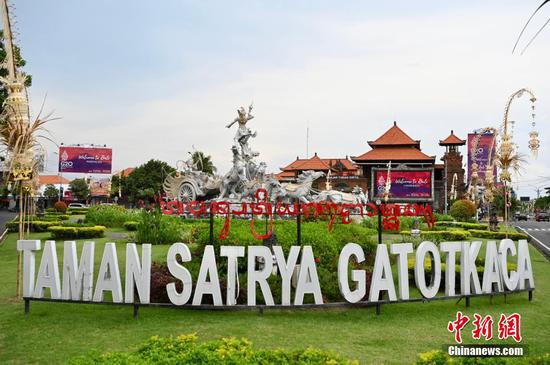
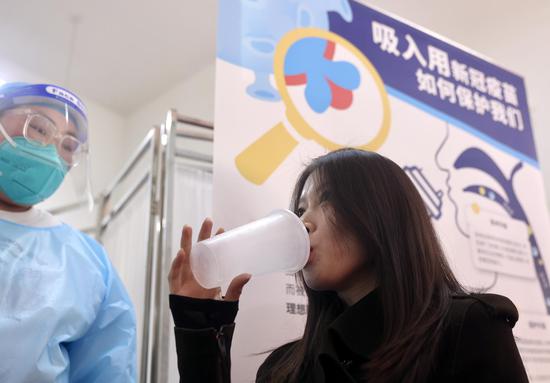
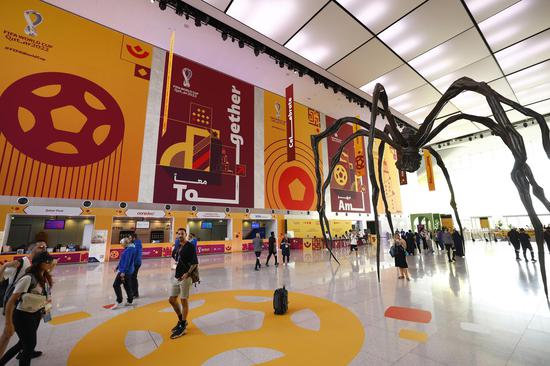

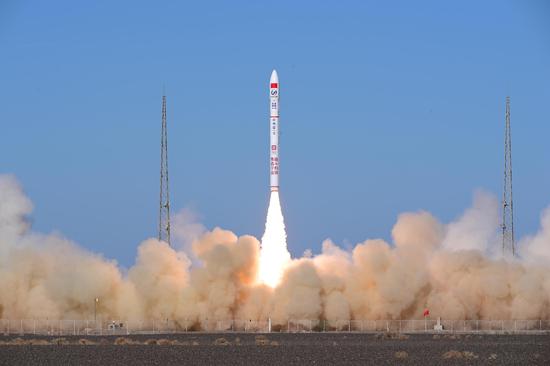
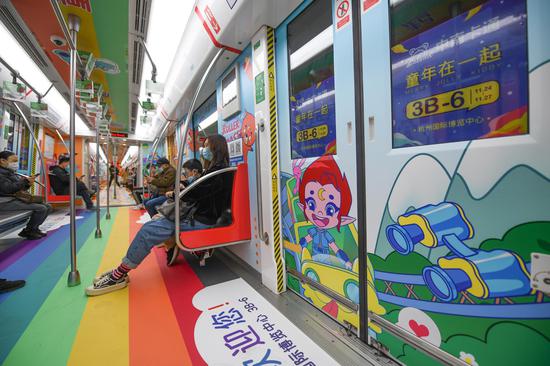
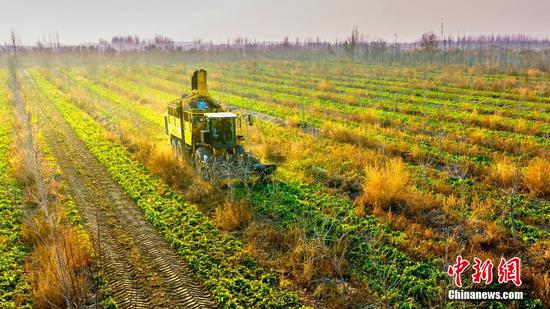

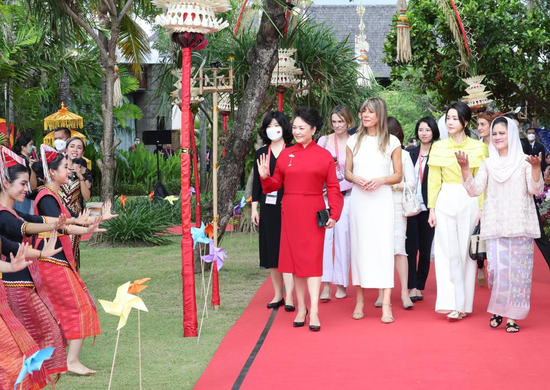
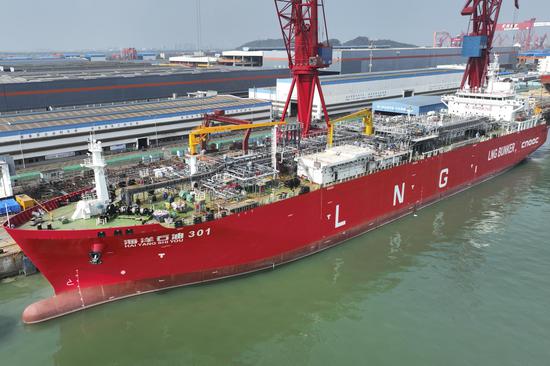
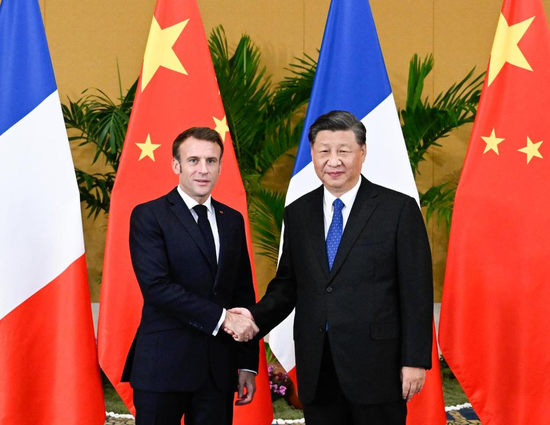


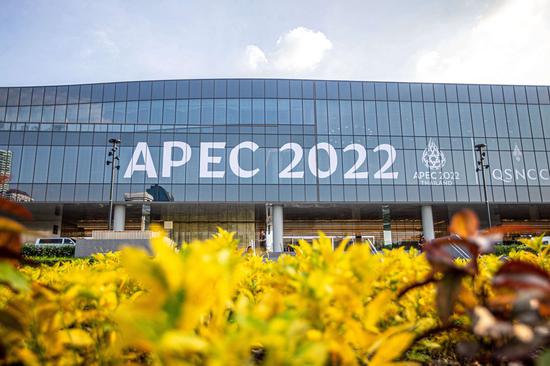
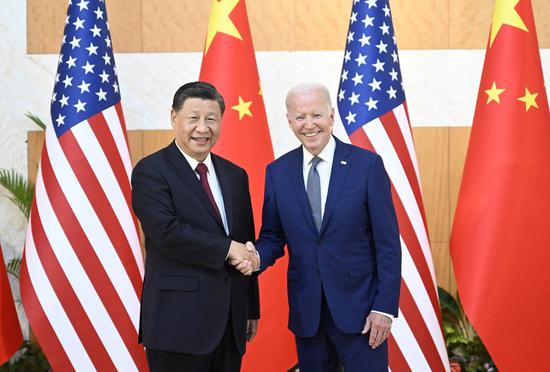
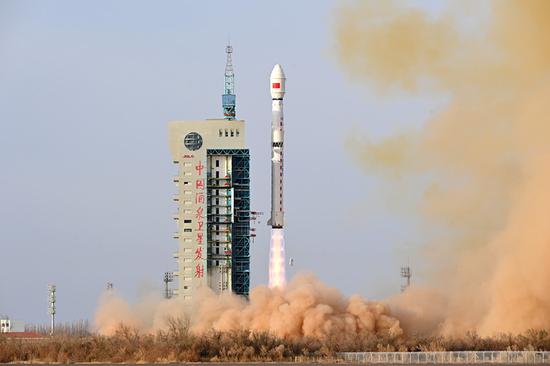
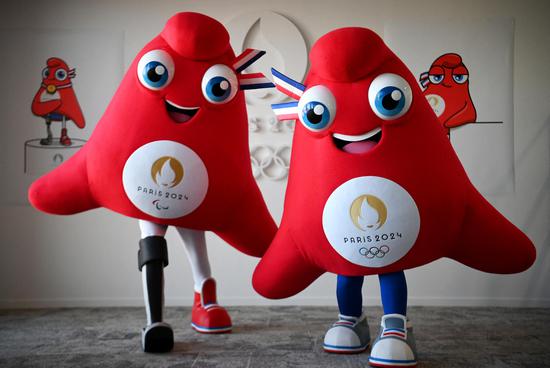
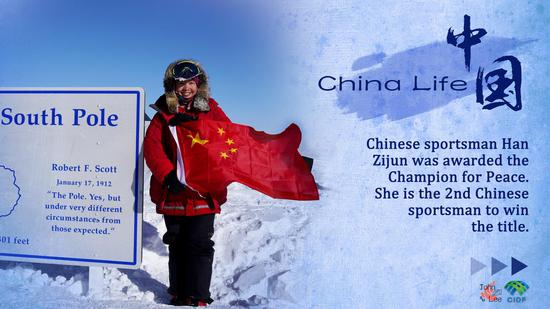
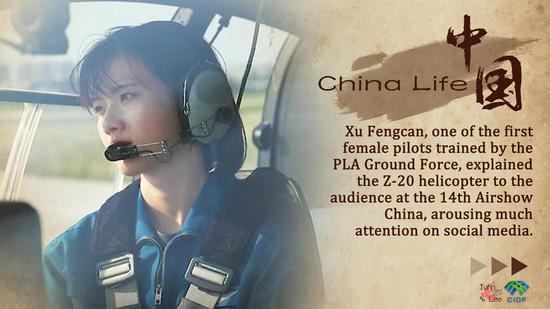
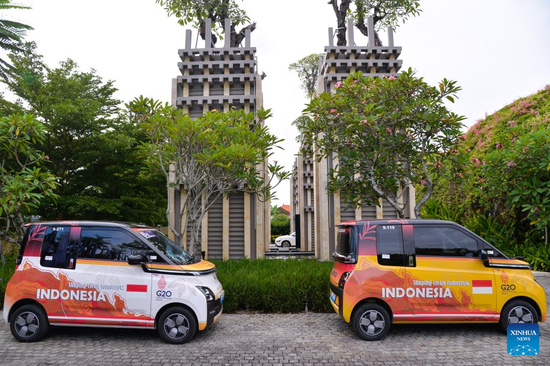
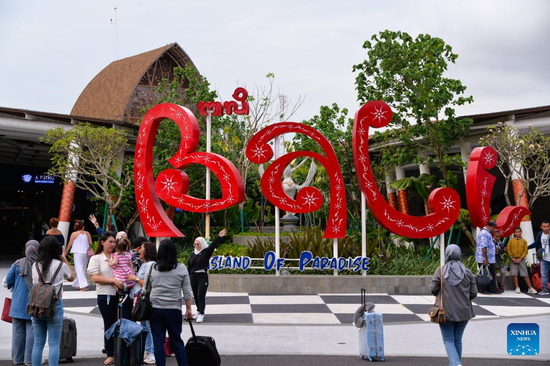
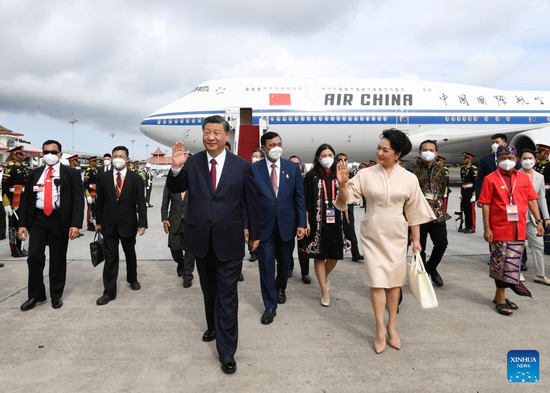
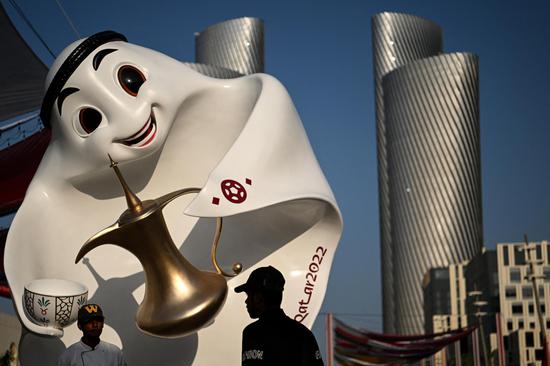
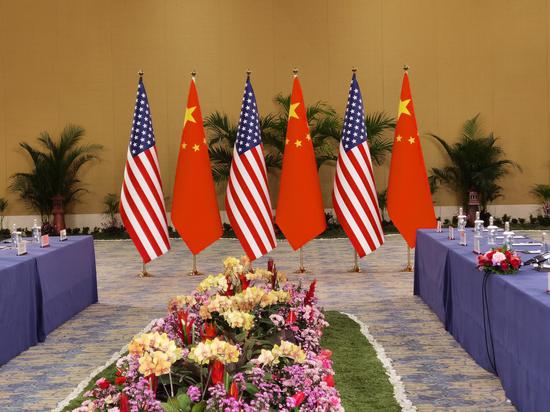
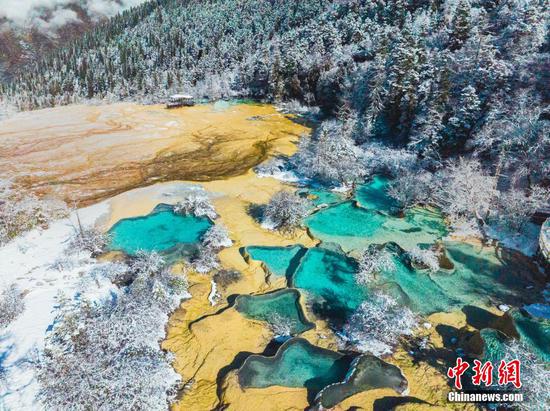
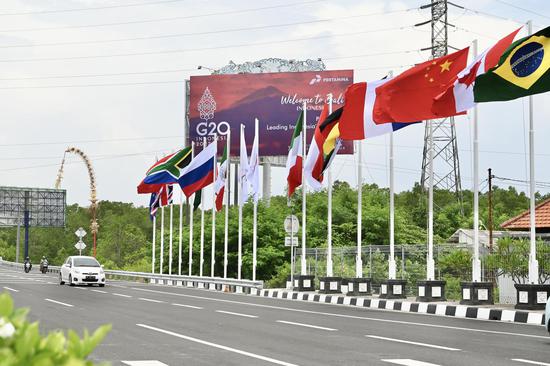
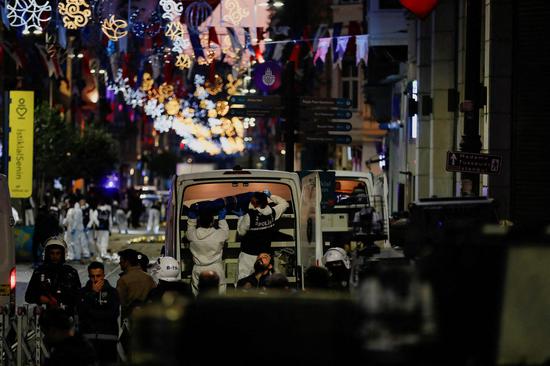
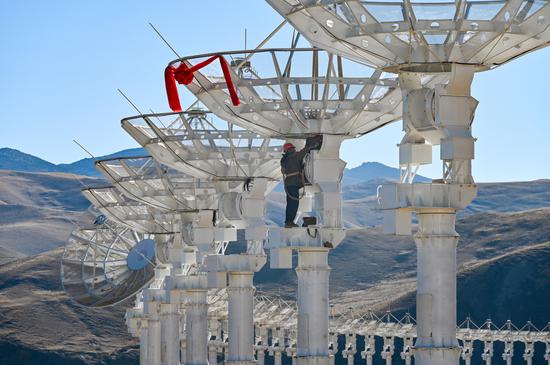
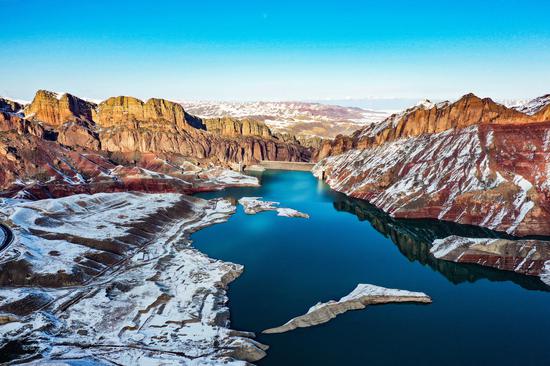
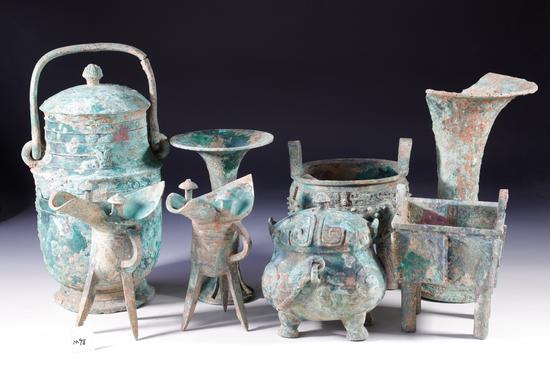

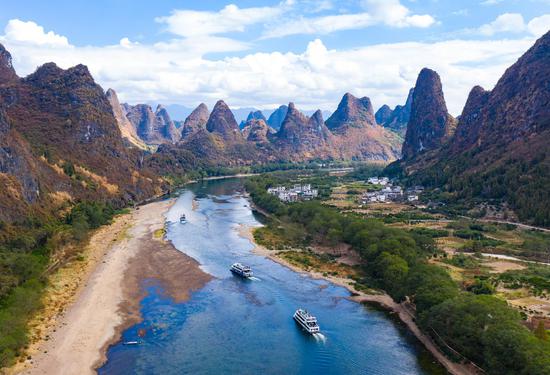
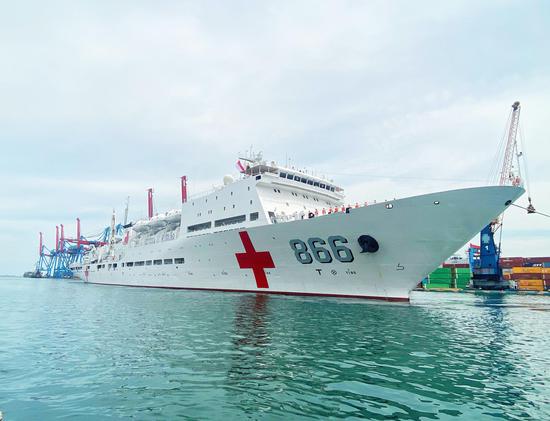
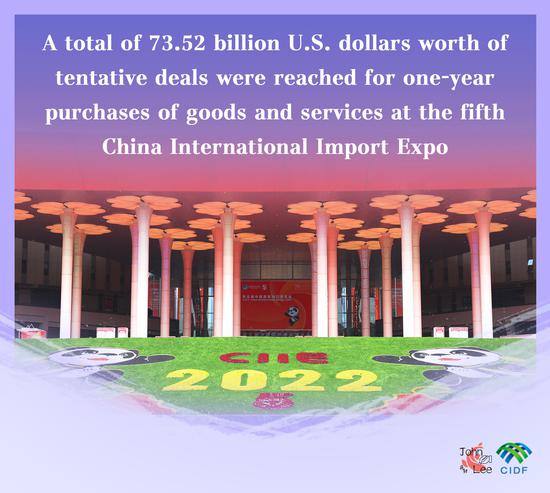

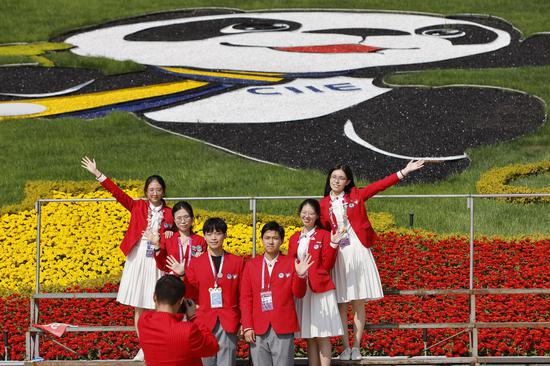





 京公网安备 11010202009201号
京公网安备 11010202009201号